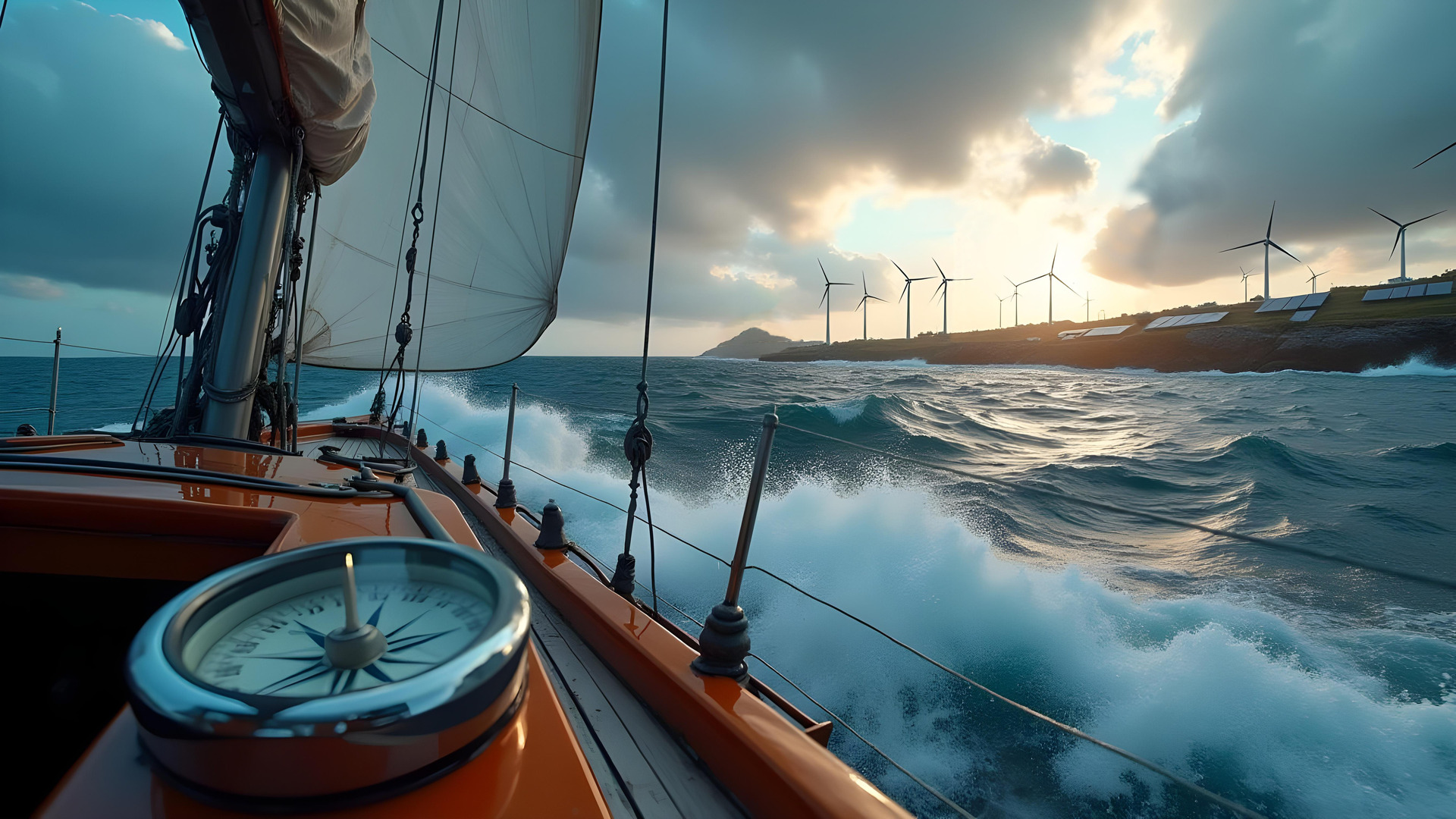Reflexion
In Spain, Jordi Hereu’s Ministry is setting the tone with tangible measures like the PERTE initiatives, while COP29 leaves behind a sense of missed opportunity.
In the industrial world, every day matters, but some days inevitably chart the course ahead. This week, three key events will shape the future of industry and, in particular, define its direction in the energy transition: the approval of the new European Commission and its strategic decisions, the Industrial Decarbonization PERTE in Spain, and COP29 in Baku. However, not all scenarios are created equal. While some provide wind to the sails of industry, others seem to leave it adrift, navigating the turbulent seas of ecological transition without a compass.
A European Crew Steering Toward Sustainability and Competitiveness
The unlocking of the European Commission has solidified the selection of a team of commissioners highly focused on sustainability and industrial competitiveness. Among them is Teresa Ribera, whose appointment as Vice President underscores this strategic commitment.
This appointment brings forth a significant challenge: steering Europe toward the Green Deal’s objectives while balancing sustainability with industrial competitiveness—proving that both can and must coexist.
The Decarbonization PERTE: A Steady Wind for Spanish Industry
Contrasting with waiting and promises, this week, the Ministry of Industry and Tourism demonstrated that commitment can be translated into concrete actions. The announcement of 13 projects provisionally approved in the first round of the Industrial Decarbonization PERTE, amounting to €86 million in grants and an expected reduction of over 346,000 tons of CO₂, is proof that sustainability is synonymous with growth and competitiveness.
These grants are neither the first nor the last. The PERTE Decarbonization funding line is endowed with €1 billion, half of which is allocated to grants and the other half to loans. In May, the first 19 projects were approved, and since then, nearly €400 million in grants and almost €1 million in loans have already been disbursed. Additionally, a second call for this same line is planned for the second half of 2024, targeting projects that may extend beyond 2026.
While these funds are undoubtedly scarce compared to the demand, they send a clear message: sustainability criteria are not a luxury or an add-on; they are a requirement. Integrating them into industrial development is not only key to securing funding but also vital for ensuring future market presence. In other words, the competitiveness of industry is intrinsically linked to the energy transition.
The PERTE is not empty rhetoric but a reflection of consistent, sustained, and committed efforts to decarbonize Spanish industry. It demonstrates that the Ministry of Industry and Tourism understands that leading the energy transition requires concrete action, not grandiose words. Each approved project is a gust of wind propelling the industry toward safe harbor.
COP29: A Ship Without a Compass
While Jordi Hereu’s Ministry seems to set the pace with tangible measures in Spain, COP29, held in Baku, leaves behind a sense of emptiness. As lamented after COP28, the absence of a specific roadmap for the industry highlights a troubling disconnect.
Once again, international agreements fail to address the industry. This year’s so-called New Collective Quantified Goal on climate finance similarly neglects this crucial sector, despite the fact that the industry is one of the most invested in the energy transition. This omission not only disorients but also breeds confusion at a time when clear coordinates are essential for progress.
Nonetheless, the industry has not waited for external compasses. It is making its own commitments and demonstrating that when sustainability is embraced, opportunities abound.
Industrial Course: With Wind in the Sails but Without a Compass
We stand at a crossroads. On the one hand, concrete actions like the Industrial PERTE show that sustainability is a real lever of competitiveness; on the other, international agreements like those of COP leave us without direction or certainty.
Let us remember that in the medium term, “sustainable” will cease to be an adjective for companies: it will become the norm. Companies that fail to integrate decarbonization into their business models will not only be left behind but risk disappearing from the market altogether, with irreparable economic and social consequences.
Even so, the industry holds the power to decide. With measures like those of the Ministry of Industry, the wind is in its favor, but without a clear course, the risk of losing its way persists. It is time for governments, businesses, and international organizations to work together so that the energy transition stops being an option and becomes a shared destination.
In these uncertain seas, what the industry needs is not promises or broken compasses but determination and a clear direction. Sustainability is not an option; it is the only way to reach safe harbor.

